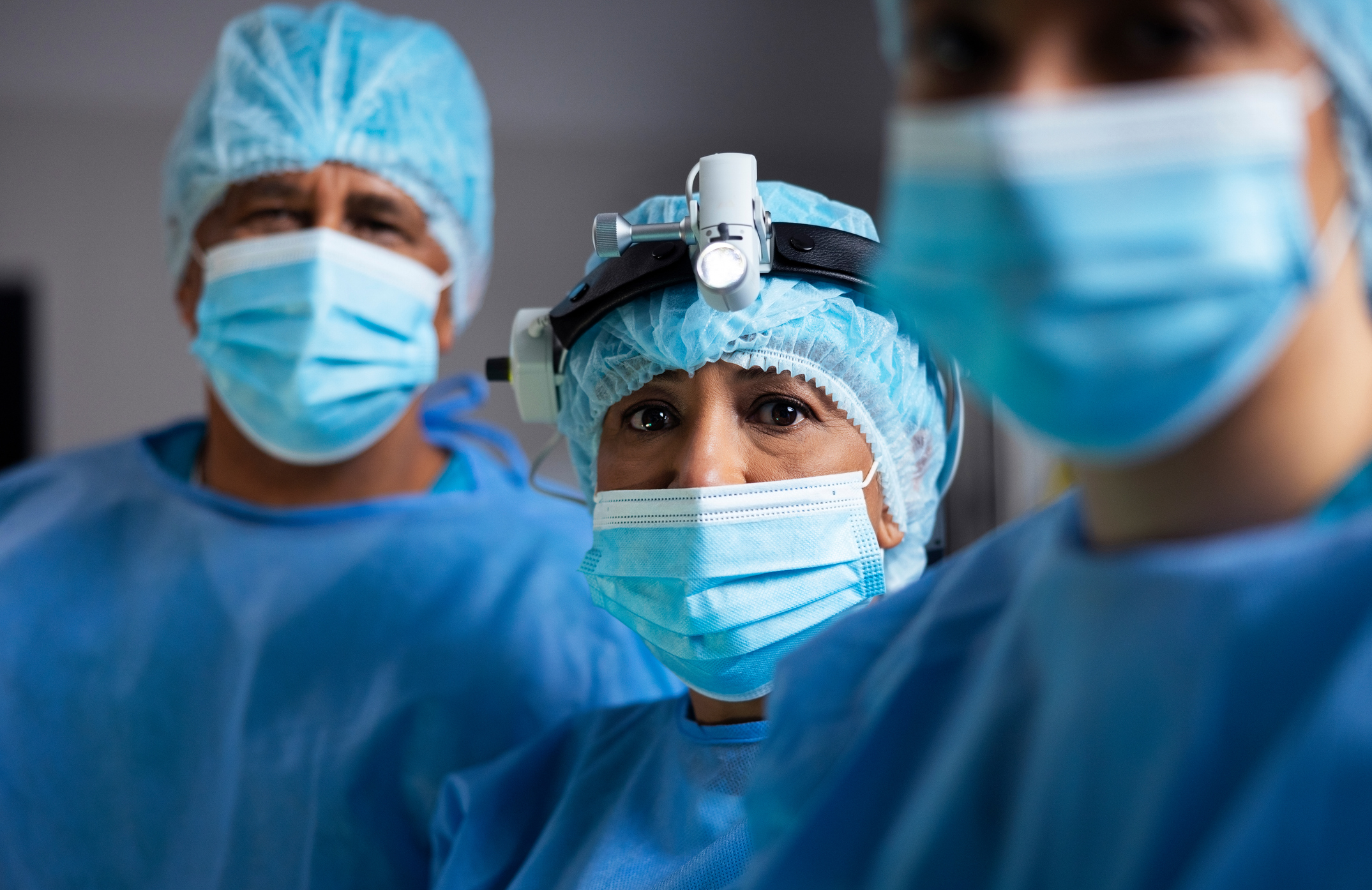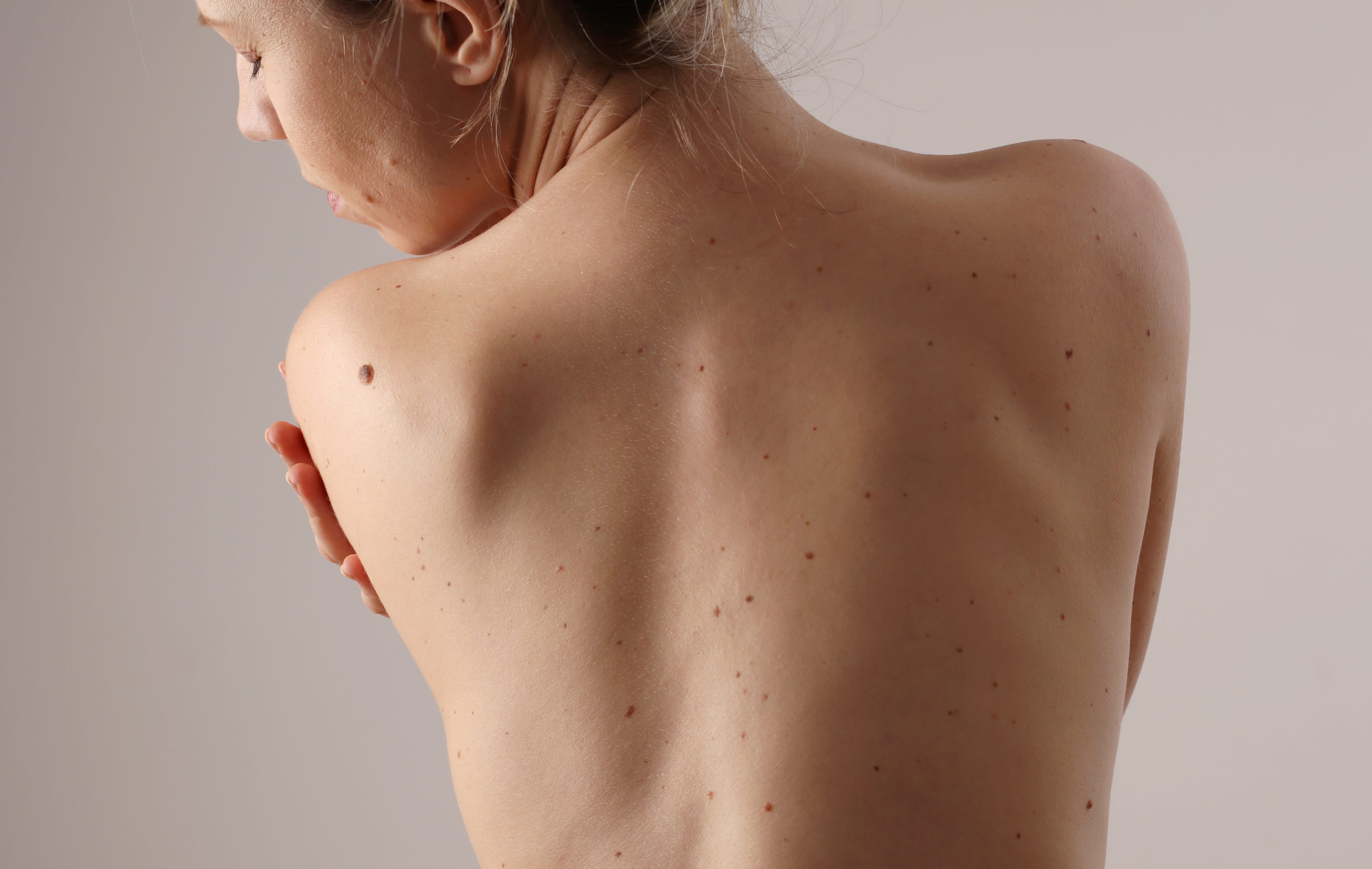December 05, 2013
The Ultimate Preparatory Vocation Towards Becoming A Physician Assistant: Medical Scribe
As a new Physician Assistant student this year, I continually am thankful for the incomparable experiences medical scribing that have brought me here. I graduated from UCLA in 2010 with a Bachelors of Science in Anthropology and found myself immediately struggling with obtaining patient care experience and letters of recommendation.
Through networking I was fortunate enough discover the exact type of experience I needed: Emergency Room Scribing. The position was fast paced, exciting and an unbelievable learning experience. In a matter of just a few weeks I found medical terminology, aspects of medical decision making, and nuances of patient interaction were already becoming second nature to me. When you start school, professors will tell you how learning medicine is like learning a new language. Think of this as a study abroad program.
In general, hours of experience are key in applying to most Physician Assistant programs across the United States. Based on my research last year, these requirements varied from none (but strongly preferred) to up to 4,000 hours. On average most programs want approximately 2,000 hours of direct patient care experience by the time of application. The term “direct patient care experience” can in fact include medical scribing experience especially now as the scope of our experience is becoming more widely known.
Unique to other means of gaining experience, scribing alone will allow you to make a wage without first requiring some sort of certificate or outside training. The other common means of direct experience such as emergency medical technician, licensed vocational nurse, medical assistant, medical technologist, military medical corpsman, nursing assistant, paramedic, psychiatric technician, radiologic technician, or respiratory therapist all require outside training and certification. Also, the fact that scribing experience is paid is valuable for more than just the obvious reasons. Most programs will look at the fact that your experience is paid and do prefer such experience.
I cannot stress this enough. I cannot believe how invaluable this experience has been. I liken the experience of medical scribing to a residency. During my interviews, my illustration of my experiences spoke for themselves. Even those programs unfamiliar with what a scribe is were impressed at my medical fluency and the scope of my experience. For some programs, by the end of the interview I was even asked for advice on how to incorporate scribes into their practices.
Now that I am in a program, on a daily basis, my fluency in medical language has created a foundation helping me during exams, seeing practice patients, and understanding new material. Of the 40 students in my program, about a quarter of the students are previous scribes. I am continually noticing that even a few months removed from scribing, I have an advantage because of the foundation of knowledge my experience has given me. I grasp material quickly because terminology and even general intuition regarding patient care is already there. While many of my classmates have one specific expertise based on their past positions, scribing has given me a background in many aspects of the patient care process. This was a benefit my professors now tell me factored into my admission in the first place.
After a year and a half of Medical Scribing, I had gained nearly 2,500 hours of direct verbal patient contact, been given not only three but six glowing letters of recommendation from providers that had spent many hours working directly with me, and gained a network of colleagues that I look forward to working with again once I graduate. Moreover, now that I have begun my PA program I am grateful for what this opportunity has done for me and look forward to soon becoming part of the healthcare team.
By Deanna Shah


